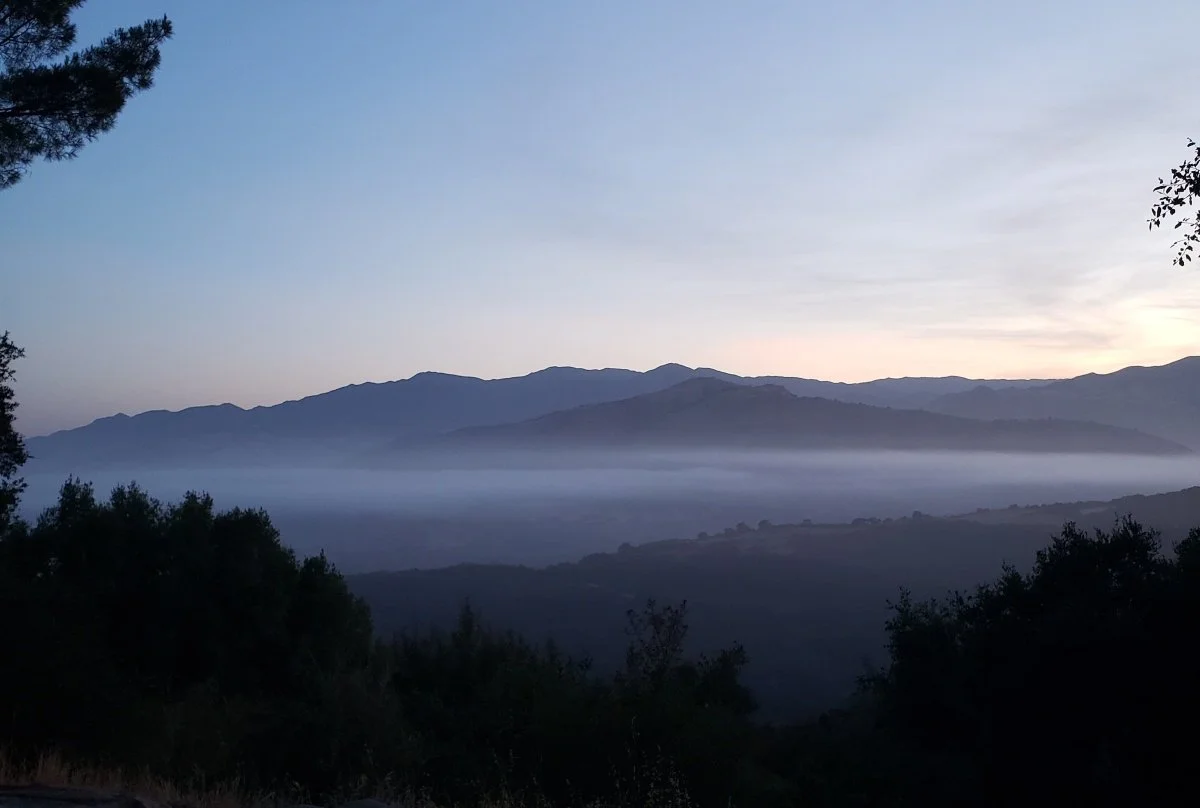Pastiche
While working on my Master’s in Liberal Studies, I took a memoir class. One of our assignments was to read The Diving Bell and the Butterfly, a memoir by the French journalist and former editor-in-chief of French Elle, Jean-Dominique Bauby. In his memoir he describes his life before and after a massive stroke that left him with locked-in syndrome. He could only communicate with his left eye but was able to create a stunning memoir that reveals the liberating power of writing. We had to pick a chapter and write a pastiche. I chose “The Dream.”
In this case (it’s a device in other art forms as well), a pastiche is a literary piece that imitates another writer’s work, not like a parody that mocks the piece, but rather, it’s written to honor the literary piece it imitates. I mined the chapter for the elements I wanted to imitate and crafted a piece based on a recurring dream I have (it’s supposed to be a memoir piece after all). I was proud of it. I got positive feedback from classmates, from my professor.
After I graduated from my Master’s program, I decided to finish the book I had been working on for years. It wasn’t a book at that point but just a series of vignettes loosely tied to some characters. Even if I never published it, I wanted to see what it looked like, what it sounded like, complete. This assignment lingered in my mind, so I took some liberties and made some changes, some additions (it’s fiction after all), and I was able to eventually assimilate it into my text. Chapter 22 of The Setting Sun.
If you put the chapters side by side, you will see and hear the similarities. Bauby’s begins, “As a rule, I do not recall my dreams. At the approach of day their plots inevitably fade.” Mine begins, “I rarely remember my dreams. No matter how hard I try to recall, the hazy machinations are elusive in the glaring light of day.” He wonders why this one persists when he says, “So why did last December’s dreams etch themselves into my memory with the precision of a laser beam?” I wrote something less sophisticated, “So why does this one stick?” He gives a possible explanation based on his current situation, “Since you never return to reality, your dreams don’t have the luxury of evaporating. Instead they pile up, one upon another, to form a long ongoing pageant whose episodes recur with the insistence of a soap opera.” I offer my own explanation, “It could be that I have it over and over again, just a different version of the same sleeping reverie. Is it to remind me of promises made before the beginning of time? Or is it to remind me of why I could not keep them? Or is it just to remind me?” In the second paragraph, he begins his descriptions, “In my dream, thick snow is falling.” I do the same, “In my dream, the air looks warm, but I cannot feel it.” We both continue with the details, vastly different and yet both resonate with friendship, trying to get somewhere, obstacles, sudden shifts, and odd situations.
One more important point stayed with me long after this assignment – the idea of writing “in honor.” While the intent of some writing is to be salacious, I would argue there’s a certain reverence in creating characters, at least for me. Even in tragic flaws and intentional choices that could be construed as mistakes, there’s a beauty in the human experience, in the human being.
